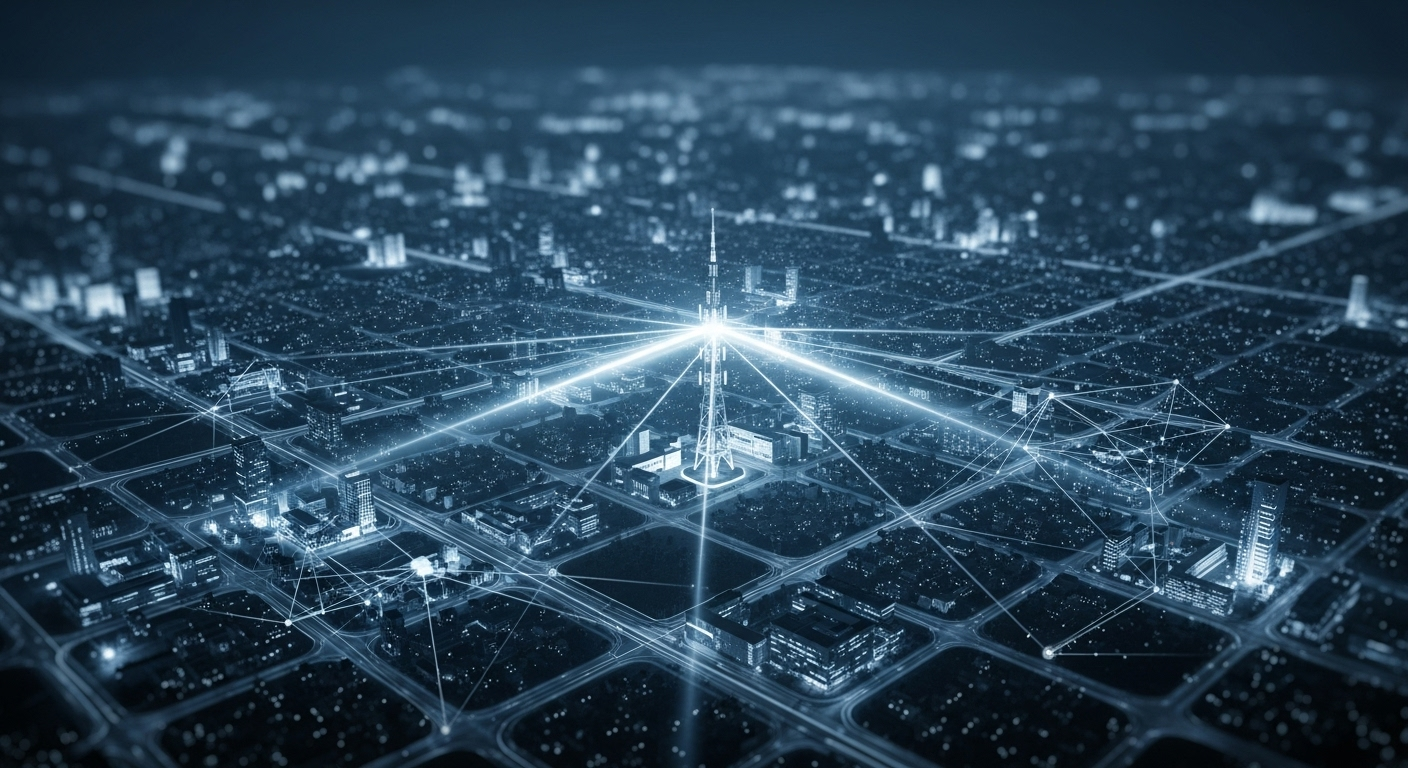Understanding the Role of Telecommunications in Smart Cities
The rapid urbanization of the 21st century is met with a wave of digital transformation, creating a concept known as "smart cities". These cities leverage advanced telecommunications technologies to enhance the quality and performance of urban services, optimize resources, and connect and improve the lives of citizens. This article will delve into the role of telecommunications in shaping smart cities, the challenges faced, and the possibilities it opens up for the future.

A Brief Look at the Concept of Smart Cities
The idea of a smart city is not entirely new. It was a vision that started taking shape with the advent of digital technologies towards the late 20th century. The goal was simple: to harness the power of data and connectivity to revolutionize urban living. Today, with advancements in telecommunications technology, the concept of smart cities has moved from vision to reality. Major cities worldwide are already implementing smart city initiatives, leveraging technologies like Big Data, Artificial Intelligence (AI), and advanced telecommunications to drive innovation and improve the lives of their citizens.
The Role of Telecommunications in Smart Cities
Telecommunications serves as the backbone of smart cities. It facilitates data exchange between various city elements – from traffic lights to water supply systems – enabling them to communicate and coordinate efficiently.
For example, smart traffic management systems leverage telecom networks to collect real-time data from sensors installed on roads and traffic lights. This data is then used to optimize traffic flow and reduce congestion. Similarly, smart utilities use telecommunications to monitor and control the distribution of electricity, water, and gas, leading to improved efficiency and reduced waste.
The Challenges and Impact of Telecommunications in Smart Cities
While telecommunications has a significant role in the development of smart cities, it also brings along several challenges. The most prominent is ensuring seamless connectivity across the city. With the vast number of devices and systems in a smart city, maintaining reliable and high-speed connectivity is a Herculean task.
Another challenge is ensuring the security and privacy of data. With the vast amount of sensitive data collected and shared in a smart city, robust cybersecurity measures are crucial.
Despite these challenges, the impact of telecommunications on smart cities is considerable. It has the potential to revolutionize urban living, making cities more efficient, sustainable, and livable. It can also lead to economic growth by attracting businesses and creating new job opportunities.
The Future of Telecommunications in Smart Cities
The future of telecommunications in smart cities is promising. As technology continues to advance, we can expect to see even more innovative applications of telecommunications in urban environments. From autonomous vehicles communicating with traffic management systems to smart homes that automatically adjust energy usage based on real-time data, the possibilities are endless.
In conclusion, while the journey to create fully connected smart cities is far from over, it’s clear that telecommunications will continue to play a significant role. It’s an exciting time for both the telecommunications industry and urban dwellers, as we move closer to the reality of living in truly smart cities.




